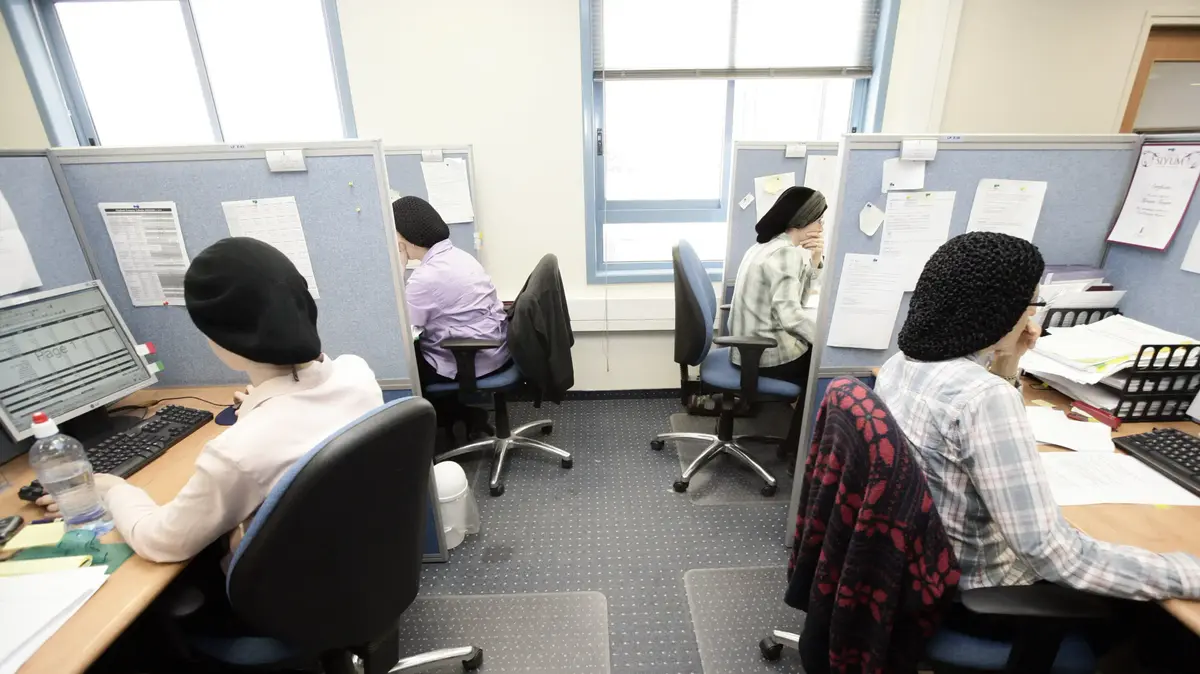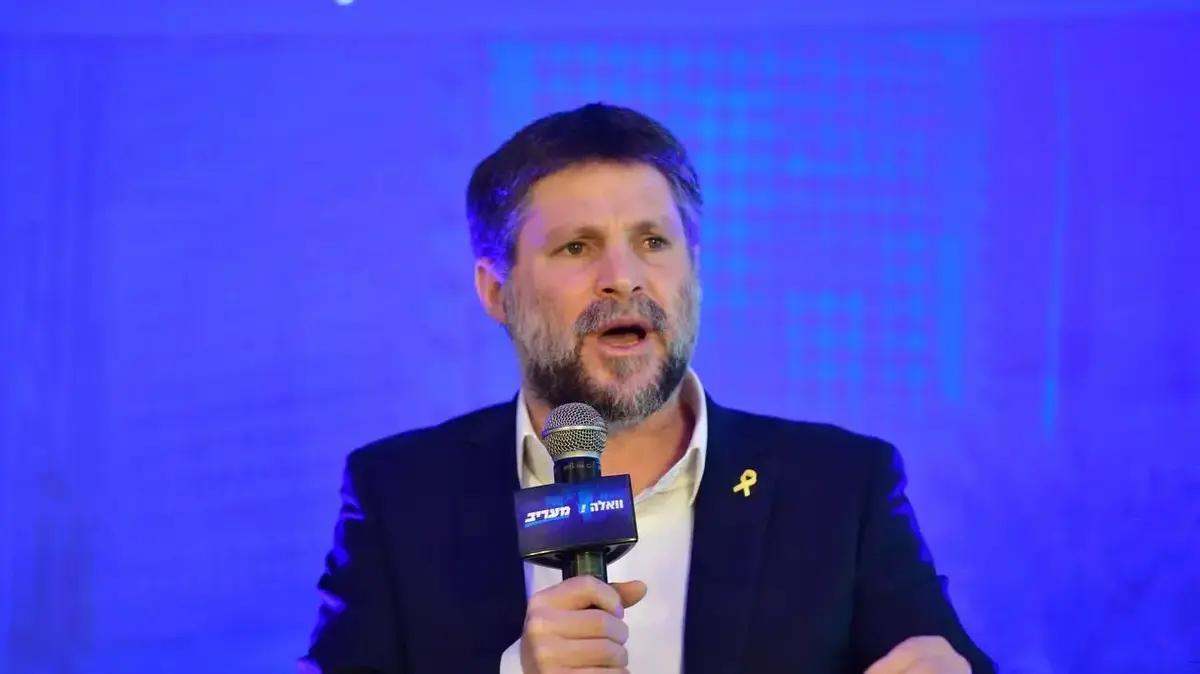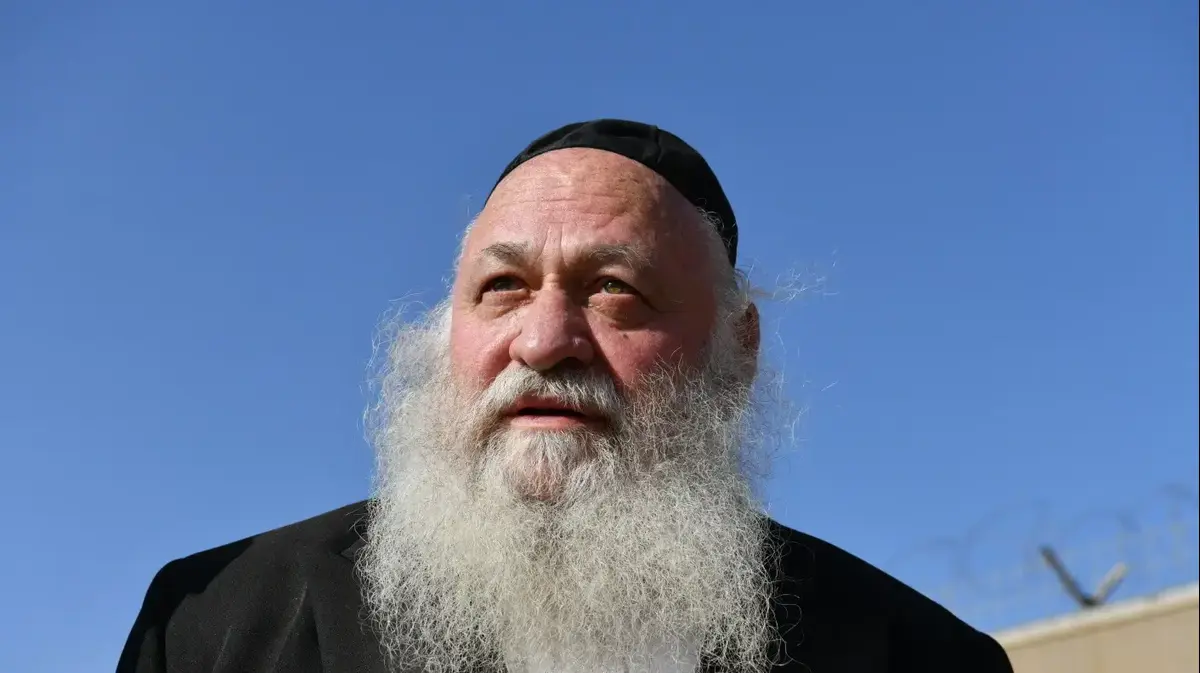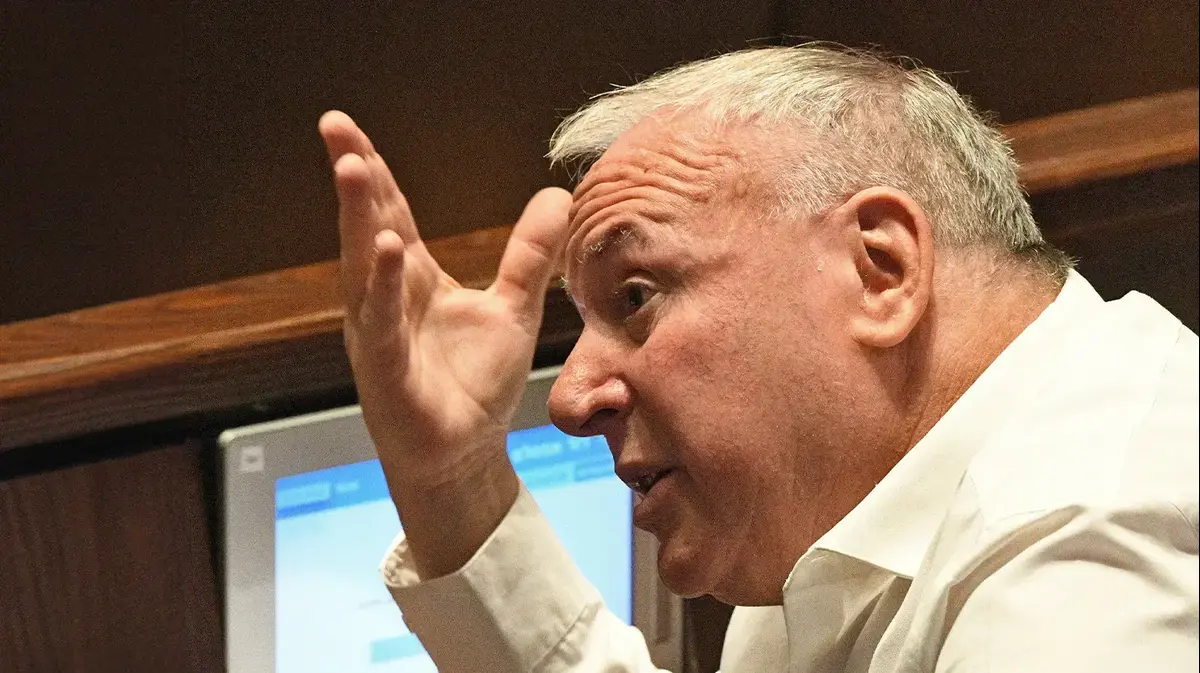More ultra-Orthodox, Arabs and the periphery in high-tech, the program of the Minister of Innovation
Orit Farkash HaCohen publishes a plan to significantly increase the number of Israelis in high-tech: mainly in under-represented populations: by 2026, a total of 180,000 new workers will be added to the industry, including twice as many ultra-Orthodox workers and three times as many from Arab society.
Walla!
Of money
22/02/2022
Tuesday, 22 February 2022, 16:08 Updated: 16:33
Share on Facebook
Share on WhatsApp
Share on Twitter
Share on Email
Share on general
Comments
Comments
The Minister of Innovation, Science and Technology, Orit Farkash HaCohen, announced that she has issued a policy directive to the Innovation Authority, the main point of which is to set strict goals for significantly increasing the representation of ultra-Orthodox, Arabs, women, juniors and Israeli high-tech periphery.
According to the Minister, this is a program based on comprehensive economic work carried out in recent months by the Ministry of Innovation, led by the Director General of the Ministry of Innovation, the Deputy CEO, Task Company and in collaboration with the Innovation Authority.
The economic plan is a significant and first-of-its-kind infrastructure that will help set policy for Israeli high-tech and the Perlmutter Committee.
The policy has two main goals, the first of which is to deal with the manpower crisis in high-tech, while emphasizing the introduction of additional populations into high-tech.
It is a matter of wanting to make sure that no two states are created here and that the success of the last few years of the industry will permeate all types of Israelis and not become a divisive factor.
In fact, the minister wants to harness the growth in the industry to bring in more Israelis who are not currently represented in the high-tech industry.
More on Walla!
Green, black and mottled: 10 wonderful recipes with lentils
In collaboration with Sugat
Minister of Innovation, Science and Technology, Orit Farkash HaCohen (Photo: Reuven Castro)
It was also reported that this is the first time that the government has set significant numerical targets for the introduction of under-represented populations and sets a clear roadmap for dealing with the manpower crisis.
The targets between 2022-2023 will be called "Interim targets" to be imposed on the Innovation Authority.
Interim goals for the next two years, 2022-2023: Adding 24,000 employees to Israeli high-tech by new plans required by the Innovation Authority: The
plans will have to meet the following goals:
a.
45% of women out of the increase in high-tech employees.
B.
At least an additional 4,500 employees from Arab society.
third.
At least an additional 2,800 workers from the ultra-Orthodox society.
D.
At least an additional 3,000 workers who will return from abroad by returning Israelis from abroad, bringing in foreign experts and integrating immigrants and those entitled to the Law of Return.
God.
At least 30% of the Israeli periphery.
The intermediate goals are part of a large and orderly plan, which aims to add 180,000 workers to the high-tech industry by 2026 (an increase of 50% in the number of workers today, 360,000).
In addition, the goal is to double the number of ultra-Orthodox working in the high-tech industry and to triple the number of high-tech workers among Arab society.
The Minister of Innovation, Science and Technology, Orit Farkash HaCohen: "I see great importance in integrating populations that are under-represented in the high-tech industry today, women, ultra-Orthodox, Arab society and integrating Israelis from Israel's geographical periphery into the industry.
We must make sure that the success of high-tech in Israel will not serve as a divisive factor in Israeli society, but on the contrary, an opportunity to reduce social disparities in Israel.
That two states will not be created here.
We must act and correct the failures that exist today according to which - while the percentage of women starting first year in academia in high-tech professions has risen in the last decade from 23% to 30%, this increase is not sufficiently reflected in industry.
We must change the particularly low rate of ultra-Orthodox and representatives of Arab society at the bottom of representation in the industry.
Finally, we must change the equation according to which the chance of an Israeli child or adolescent entering the Israeli high-tech industry is significantly lower if he grows up in the periphery.
The program I lead does just that. "
Of money
Tags
Hi-Tech
Arabs
religious
periphery
Orit Farkash HaCohen















